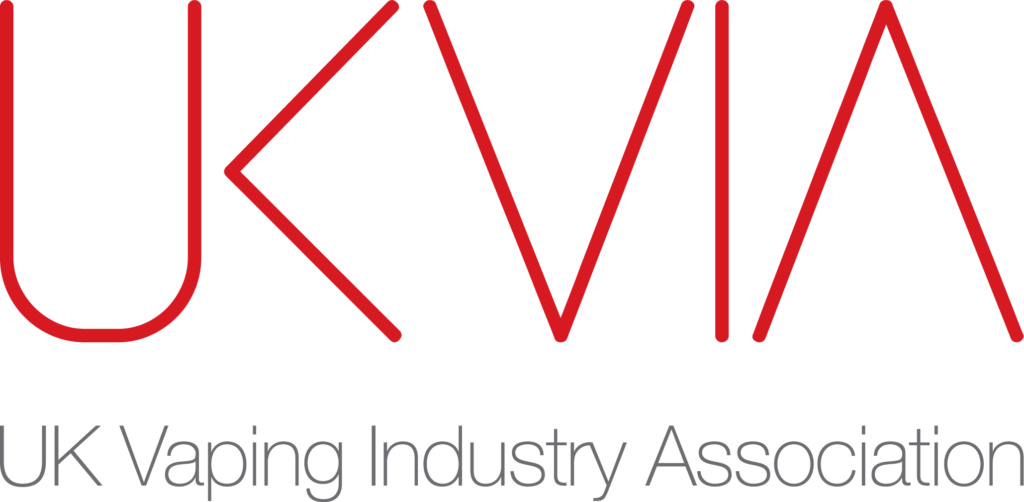In response to media reports suggesting that the government is actively considering the imposition of a new ‘sin tax’ on vaping products, which would reportedly raise additional tax revenue of £40million, a spokesperson for the UK Vaping Industry Association (UKVIA), said:
“Imposing a ‘sin tax’ on vaping is counterintuitive to the government’s mission to reduce smokers in the UK and lessen the burden for the NHS. Vaping is a huge public health opportunity which has already helped three million smokers quit or reduce smoking and saved the NHS billions of pounds according to the Government’s own research. For the Treasury to impose yet another tax on vaping, not only wouldn’t make sense, but it would be detrimental to the NHS and public health in the UK.”
The UKVIA sent a letter to the Treasury highlighting its concerns, which included the following key points in opposition to further taxes on vaping:
1. Vaping saves the NHS money. The public health community in the UK, and indeed the Government’s own Tobacco Control Plan, is clear that vaping is a significant public health opportunity that could help millions of smokers reduce or stop smoking. Indeed, far from being a ‘sin’, vaping is an opportunity to not only improve public health but to save money for the NHS.
Action on Smoking and Health has found that, of the nearly three million vapers in the UK, over half have given up smoking, and that 97% of vapers are either smokers or ex-smokers. According to NHS England, smoking costs the NHS £2.5billion a year; with a wider cost to society of £14.7billion per year. The MHRA also value the health gains associated with a single successful quit attempt at £74,000 per individual. Therefore, the figures suggest that vaping has already saved the NHS and society as a whole millions of pounds.
2. Vaping is a consumer driven industry that does not cost the NHS money to prescribe. Vaping products are purchased directly by consumers looking to stop smoking and are not prescribed by the NHS. This contrasts sharply with nicotine replacement therapies (NRT) which at their peak cost the NHS over £65million a year. The cost of NRT products to the NHS has fallen sharply in recent years, coinciding with the rise of vaping as a smoking cessation tool.
It is also worth noting that licensed NRT products receive a reduction in VAT, whereas vaping products are currently taxed at the full VAT rate of 20%. This is despite evidence demonstrating that vaping is at least as effective as a smoking cessation tool as NRT products.
3. Increasing the cost of vaping will deter smokers. It is crucial that regulatory and taxation policies continue to support vaping products, including ensuring the price of vaping products remains attractively lower than cigarettes to encourage smokers to switch. There is extensive evidence, including consumer research we have conducted ourselves, demonstrating that the lower price of vaping products versus cigarettes is one of the key factors convincing smokers to make the switch to vaping and that raising the price of vaping products would lead to a dramatic reduction in smokers switching.
4. The vaping industry already contributes significantly to the economy. As referred to above, vaping products are subject to the full rate of VAT. In addition, as one of the fastest growing consumer industries in the UK, the vaping industry is responsible for creating thousands of new jobs. This includes jobs in the retail sector but also in research, manufacturing and compliance. The government should support the further growth of the industry, rather than impose additional tax burdens.
